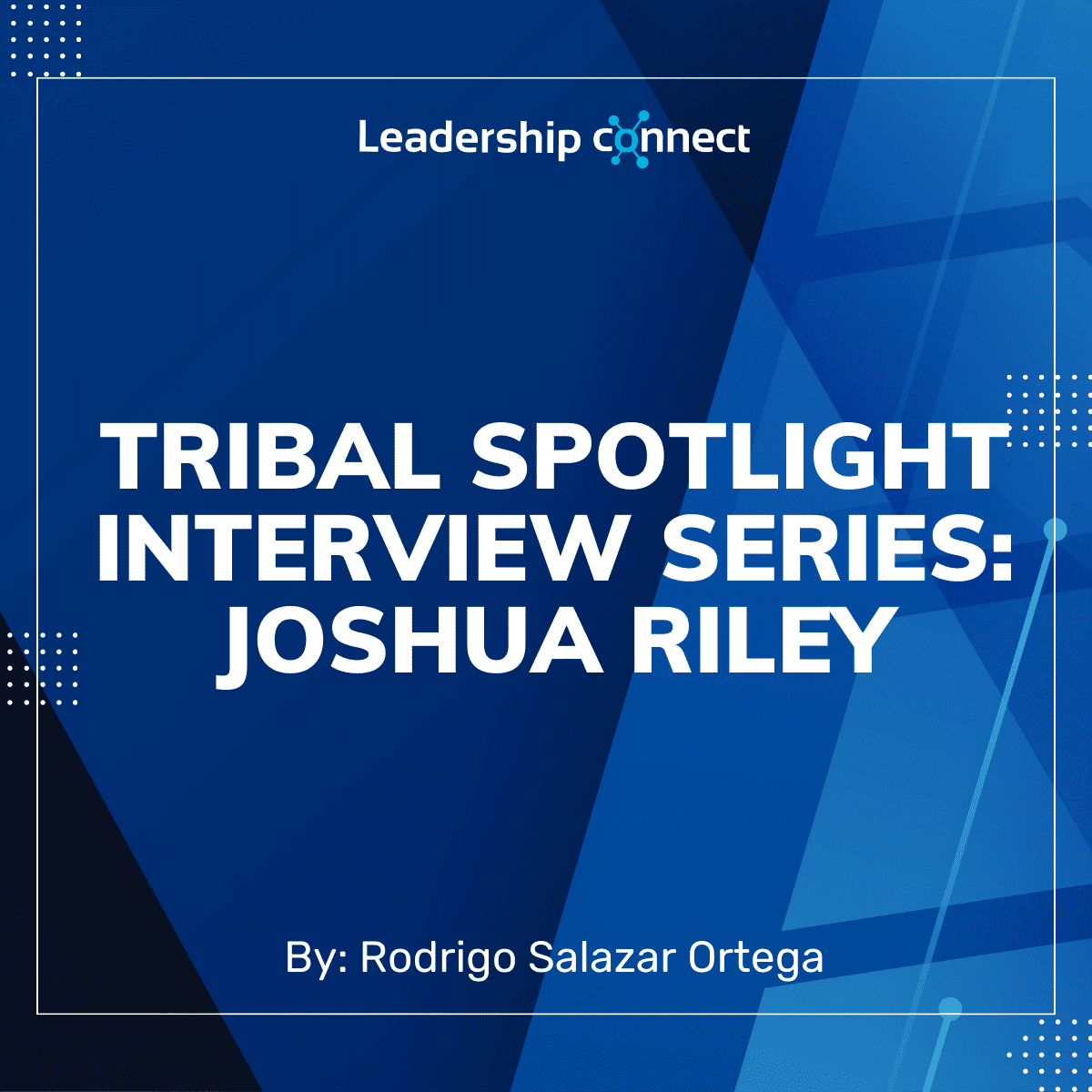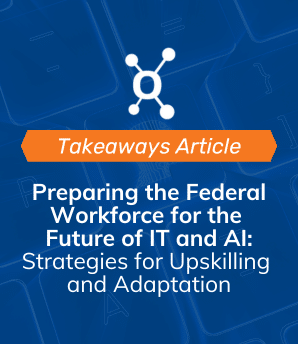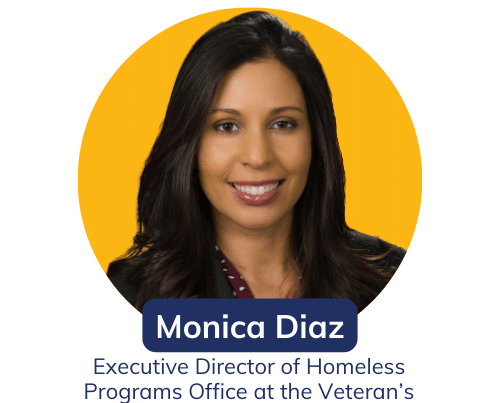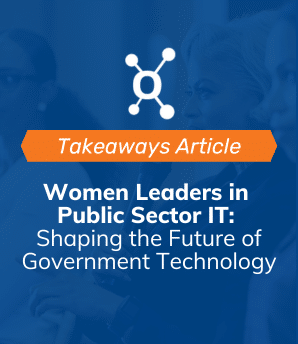Last week I interviewed Joshua Riley, Principal Consultant at Dancing Rabbit Tribal Consulting.
Can you tell me about your career path that has led you to where you are now?
I originally got a bachelor’s in education, and I taught Choctaw language for 2 years, but something about it was not right for me. I knew that the tribal advocacy space is where I wanted to be. In my first year of teaching, I decided I wanted to go back to school to focus on a program geared toward policy and legislation. I found that in the University of Tulsa College of Law Federal Indian Law Program. After I graduated, I came onboard with the Choctaw Nation Government Relations Department as an intern and then got a full-time position there. I spent the last 10 years with that team where I learned a lot about policy, legislation, politics, and really the ins and outs of the Federal Indian advocacy space. I left the Choctaw nation in December 2023 and started my own consulting firm, Dancing Rabbit, focused on tribal governments and advocacy at the federal level and the state level in Oklahoma.
How did you become passionate about the intersection of tech, government, and tribal communities, and how do you stay informed and engaged in those areas?
While I was in college, I minored in native studies and Choctaw language. Through these studies I learned so much and it upset me because of the ways that our native peoples are treated in the United States historically and currently. We grew up with it, but it just seemed normal. There is a lot of institutional racism directed at native peoples and tribal governments. It did not sit right with me, and I needed to do something about it. Initially, I started looking at grassroots advocacy opportunities before eventually getting my degree and working full-time with the Choctaw Nation.
What do you believe sets Tribal Government Relations apart as a unique work environment, and how do you navigate its challenges in your everyday work?
What sets this apart is that we are sovereign governments and when we are advocating for our issues to members of congress or the administration, we are coming from a position of being a separate country and having a nation-to-nation relationship. We come from a place where these decisions impact us and our families on a personal level. Many times, these are life and death conversations we are having. These are often different than someone advocating on behalf of shareholders in a corporation. Sometimes laws and regulations that apply to states do not apply to tribal nations. Some people do not understand that. They think tribes are social organizations and do not get why tribes are not treated the same as a nonprofit or a corporation. Nonprofits and corporations do not have their own laws, court systems, and jails. It is an interesting space that is challenging to navigate because there is a huge learning curve. Being part of a tribal nation means growing up in reservations, experiencing federal programs, and having a sense of how it is different.
Describe a challenging or rewarding project that significantly influenced your growth as a professional. How did you handle the challenge, and what did you learn from the experience?
The nominations portfolio – it was a very rewarding experience, meeting the individuals on both sides of the aisle. Getting to know them, you know really getting to know them and help them in that process. It was so nice because you were forced to know everyone. A challenge was the 2018 farm bill – the process started in 2017 and didn’t get done until the end of 2018. Big learning curve. I had to learn how to draft legislation, learn how to negotiate, and the conference process. The House passed, we passed, and then they had to come together. It was just massive lifts to get people in the same room. It made me really admire the clerks and people behind the paperwork – they are phenomenal.
What advice would you give to someone navigating how to bridge the gap between traditional practices and modern governance structures?
People coming into the space need to wrap their mind around the intricacies and nuances of Indian country. It can be challenging for people and the only advice I have is to find someone who is an expert and have them mentor you. Work with someone who has been doing this for a long time and try to learn as much as you can as quickly as possible.
Word Association, what is the first word that comes to mind for each of there?
- Policy – Administration
- Networking – Conferences
- Communications – Social Media
- Leadership Connect – Advocacy






